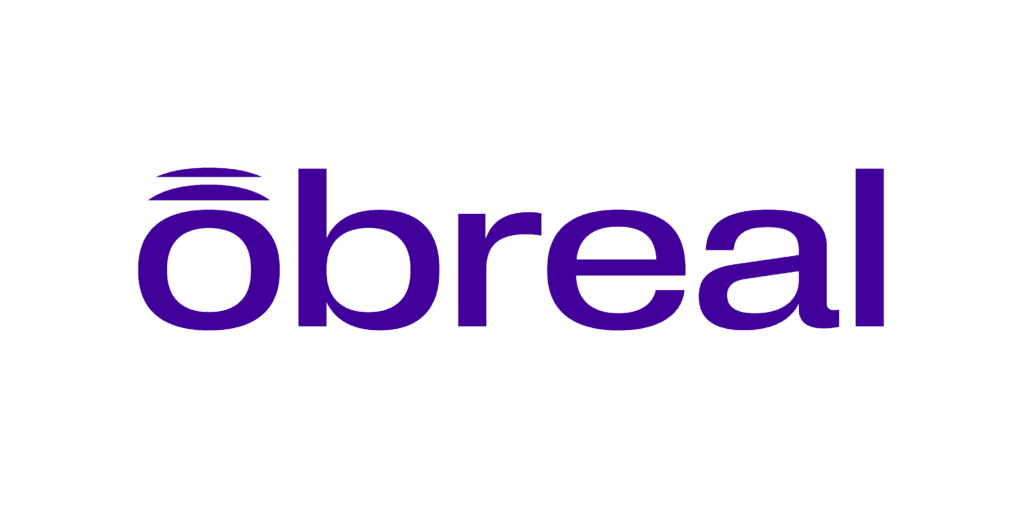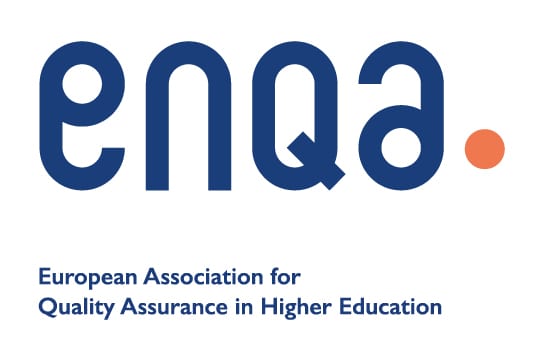Basiru Mbenga
Forum Replies Created
-
AuthorPosts
-
January 22, 2024 at 9:17 am #830
Dear Ibrahim Amidou,
Thank you for agreeing with my synergy between teaching and learning. You understand where I am coming from. People have diverging opinion which brings about various ‘schools of thought especially in principles of education and other realms of study.’ I still believe that teaching and learning are inseparable sine qua non. Learning is a relative lasting modification of behaviour as a result of experience; and an innate behaviourable mechanism of an individual under the influence of his/her external environments.
Thanks for for your analogies too.
Warmest regards.
Basiru.
January 4, 2024 at 5:07 pm #783Hello Olubanke Ogunlana,
Thank you for your thought provoking questions.However, I wish you also attempted to answer the questions raised in a bid to kick start an interested debate.
Nevertheless, I will attempt to answer your questions as follows:
1.Who should constitute and drive the policy to bring about these transformative changes we desire?
I believe several stakeholders like AUC, AAU, donors, AHEIs (including lecturers, general staff and students), civil society,etc. should take part in the policy formulation and implementation.
2. Who should fund the trainings for the desired changes in the teaching models?
Governments, AHEIs and Quality Assurance bodies (Internal and external), international partners, researchers, training organisations are key contributors.
3. What timeline do we give for all these to happen to deliver on the Africa we want?
The timeline should be linked to the Continental Education Strategy for Africa/Science Technology & Innovation Strategy for Africa 2034.
4. A strategic plan needs to be developed to determine the various roles and responsibilities of stakeholders.Warmest regards.
Basiru Mbenga
December 28, 2023 at 9:31 am #776Given the latest statistics from UN Sustainable Development Goal 4 on quality education which seeks to ensure inclusive quality education and promote lifelong learning, the world is far behind achieving quality education, despite slow progress.
a. 84 million children will be out of school by 2030
b. 300 million will lack basic literacy and numeracy skills
c. Only 1 in 6 countries will achieve universal secondary school completion target.Low-and-lower-middle income countries face nearly $100 million financial gap to meet their education targets.
Admist these alarming statistics, African countries must wake up from their slumber to address these worrisome challenges with greater commitment to achieve the ‘Afria We Want.’
Increase in education financing is important but cultivating the right mindset among learners, teachers and other relevant stakeholders is paramount for effective and efficient quality education delivery.
Source: https://www.un.org
Best wishes.
Basiru Mbenga.December 28, 2023 at 8:14 am #775Hello Adewale,
You mentioned having challenges to watch the Webinar videos. I believe you have registered for the Webinar. If not, you must register first to allow the Site Administrator to allocate you a code which enables you to access the audio-cum-video clips.
Best wishes.
Basiru.December 27, 2023 at 8:55 pm #773Hello OBADINA,
I read your comments and concur with the commemts.I reckon, the introduction of Performance Management System (PMS) for HEIs teaching staff and administrators will make them more accountable of their roles and responsibilities to students, properietors and other stakeholders.
Introduction of PMS in AHEIs calls for development/review of strategic plans followed by allocation of individual work plans with key performance indicators to each person for implementation and review on a quarterly basis with a view to measuring progress, identifying challenges and mapping out way forward.
Best regards.
Basiru Mbenga.December 27, 2023 at 2:53 pm #770Hi Assodah,
Your contribution regarding training students on study skills to natch the new trend in teaching and learning in AHEIs is worthwhile.
Changes in the curriculum and assesssment styles should be approached holistically. Student assessment should include, for example, the use of portfolios to support the acquisition of higher order thinking skills, among other.
AHEI administrators and quality assurance bodies are key players in transformative teaching and learning.
Warm regards.
Basiru Mbenga.December 21, 2023 at 7:55 pm #760Teaching and learning are education processes.
These processes have undergone several stages in human history and educational development. Each process has also been underpinned by educational psychology and philosophy.
In my opinion, Constructivism tends to echo the need to allow learners to take greater control of the learning process while teachers act as facilitators.
Thus, there is teaching for learning and learning for teaching.
As teachers, it is important to note that whilst teaching you endeavour to learn from what learners learn. Conversely, learners learn when teachers teach. Therefore it is apparent that each process is a sine qua non to the other.
With the advent of new technologies and A.I. in education as well as the ongoing revision of STISA, it is inevitable that a strongsr synergy must be built between AAU and regional blocks to support AHEIs in their quest to apply transformative teaching and learning.
December 19, 2023 at 11:39 am #739Answers to AAU Secretary General Prof. Olusola’s Questions
a. What is the current approach to teaching and learning in Africa?
The current approach to teaching and learning in Africa is premised more on the traditional method where the teacher is seen as a purveyor of knowledge and learners are rather taken as passive listeners. Students tend to imitate the teacher/instructor.
What are the demerits of the current approach to teaching and learning in Africa?
According to critics of this approach, it leaves narrow gap for students to discover their capabilities and exposes their inability to apply 21st century skills
b. What new approach is being proposed to teaching and learning in Africa?
The Transformative approach is being proposed which allows the learner to play a more participatory role in the teaching and learning processes.
c. What are the benefits of the new approach?
This approach allows the leaner to play a more active role in the learning process through experiential activities, projects and problem-solving (process skills). It can also lead to discovery of knowledge and skills and innovation
d. What will it take to re-calibrate African professors and learners for the new approach to teaching and learning in Africa?
It will require policy, curriculum change, investment and training
e. How can we further promote life-long learning in Africa?
Lifelong learning can be promoted through the implementation of the CESA/STISA frameworks including paradigm shift in curriculum design, teaching and learning strategies, regional and continental synergies among AHEIs and increased GDP/education national and institutional budgets
f. What roles do digitalization have to play in the new approach to teaching and learning in Africa?
a. Increases experimental learning,
b. Enhances flipped classroom,
c. Allows learners to learn at their own pace,
d. Creates world-wide collaboration and partnership,
e. Promote innovation, reduces drudgery,
f. Bridges the digital divide,
g. Provides relevant knowledge and skills,
h. Increases access and ensure quality education provision,
i. Ensuring that higher education is responsive to Africa’s priorities and relevant to the labour market
Basiru Mbenga
Centre Manager Insight Training Centre
Kuntaya, The GambiaDecember 18, 2023 at 9:10 am #691Dear Prof. Ramon,
I have watched all videos, downloaded reading materials and sent comments but no reply. I cannot even access my comments.
Best regards, Basiru
December 15, 2023 at 10:22 pm #690I have listened to all videos and downloaded the relevant documents.
The issue of teaching and learning predominantly in use by majority of AHEIs presently contravenes the dictates of the ‘Africa We Want”
It is gratifying to note that there is a paradigm shift in Teaching and Learning. However, transformative teaching and learning strategies calls for major education policy revisions, strong political will, huge investment in digital infrastructure, capacity building/training,legislature, reliable uninterrupted electricity supply, affordable internet connection and secured broad band, among others.
I will continue the discussion focussing more on rhe role of digital technology in 21st Century Learning.
-
AuthorPosts






